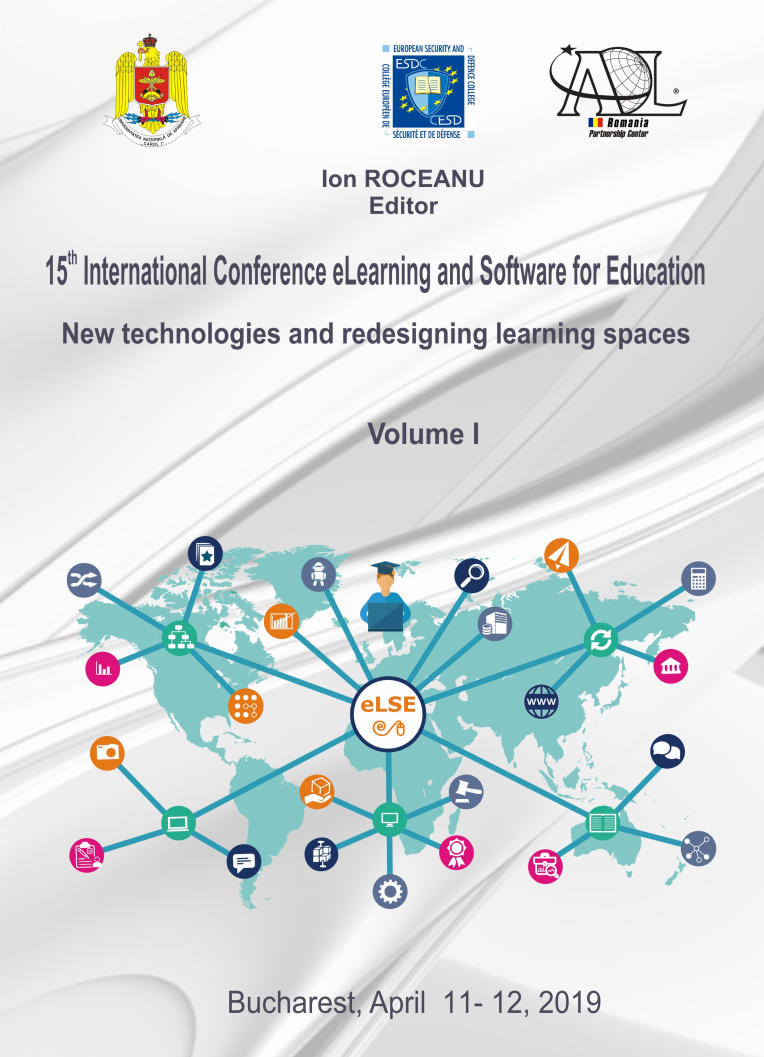A Playful form of Teaching and Learning using Micro-World Applications
A Playful form of Teaching and Learning using Micro-World Applications
Author(s): Veronika Stoffová, Krisztina CZAKÓOVÁSubject(s): Social Sciences
Published by: Carol I National Defence University Publishing House
Keywords: Gamification of Teaching and Learning process; Micro-world Applications;
Summary/Abstract: The article summarizes the long-term experiences of the authors in the field of creation and use of didactic micro-world-based applications in education. In this article, there are systematized principles of creation and effective use of didactic application developed in micro-world named Imagine. Special attention is paid to didactic transformation, visualization, interactivity and active learning of pupils. The authors summarize recommendations regarding the graphic design, visualization of knowledge presentation, interactivity of applications in order to transform the learning process into a great entertainment and interesting game in which everyone wins. The authors in article present a wide range of didactic applications created in the micro-world Imagine for pupils at the first level of elementary school. The main focus is on applications for language learning, both mother tongue and foreign languages. Interesting applications are in the form of didactic games. The difficulty level of playing or playing form of learning can be easily increased, from the passive perception of the language to the active application of language rules and the cultivation of language sensitivity. A simple vocabulary extension can be increased from a simple assignment of the name of the object to the image that represents it, through the direct naming of the picture after the active use of the vocabulary, for example by creating the sentences, completing the story etc. In the field of grammar, it is from familiarity with the rule, through its perception in context, after its active application to solving the new language problem situation. Thus, it is possible to create applications for the development of all language communication skills: listening, reading, writing and talking "with understanding"
Journal: Conference proceedings of »eLearning and Software for Education« (eLSE)
- Issue Year: 15/2019
- Issue No: 01
- Page Range: 110-115
- Page Count: 6
- Language: English

